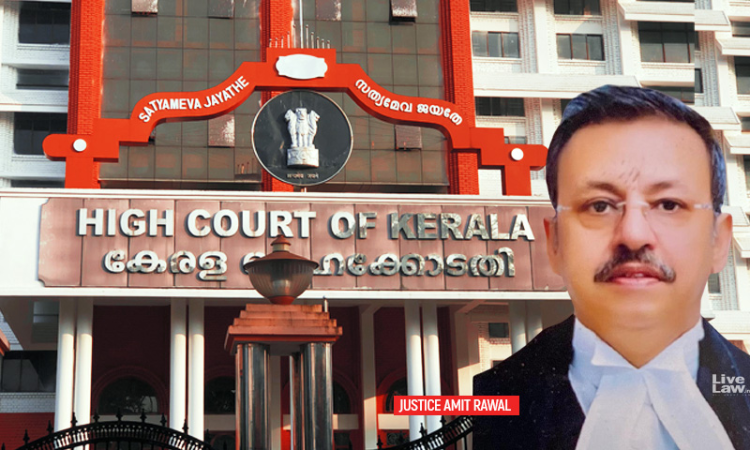Shareholders Cannot Be Impleaded As Party In Adjudication Of Disputes Between Employers & Workmen: Kerala High Court
Navya Benny
29 Aug 2022 2:45 PM IST

Next Story
29 Aug 2022 2:45 PM IST
The Kerala High Court has made it clear that the shareholder of a company cannot be made an independent party in a dispute between the company and its workmen.The observation was made in connection with a dispute between Rubber Wood India Pvt Ltd and its workmen, whereby the Rubber Board, being a shareholder of the company, was arrayed as a party Respondent by the workmen.The Court held that...
